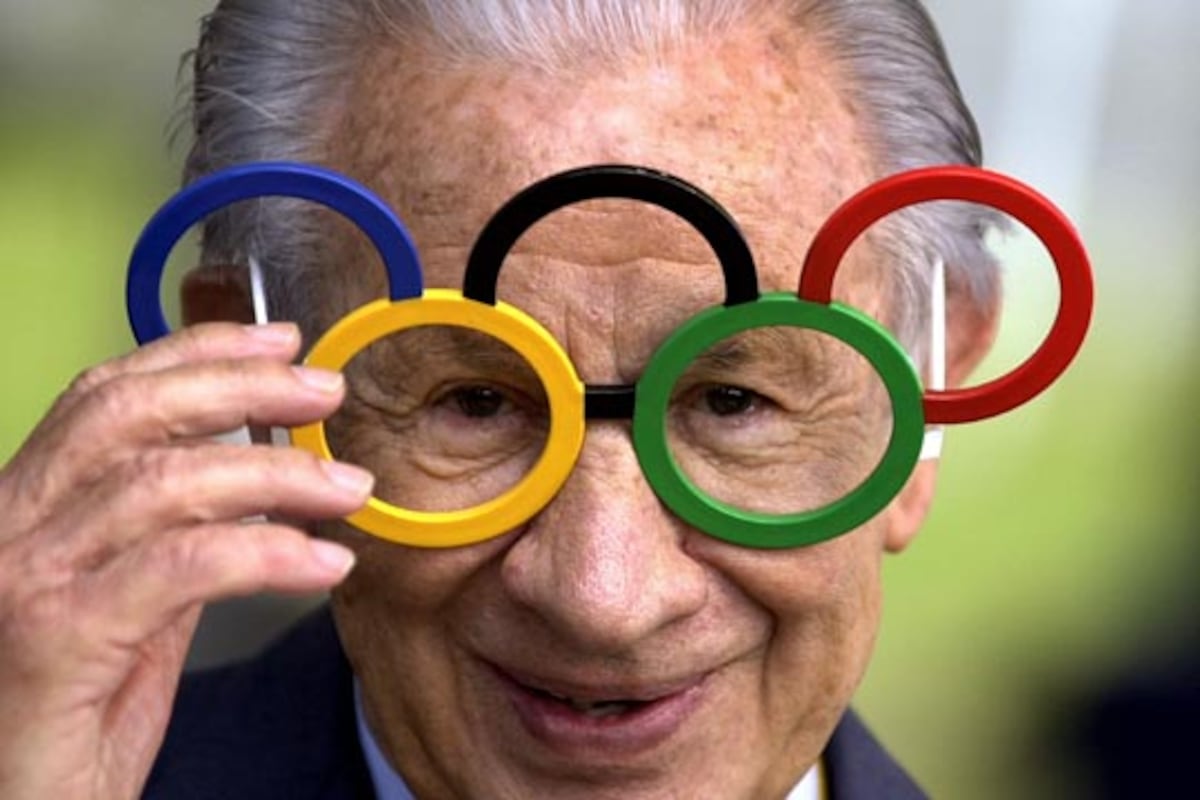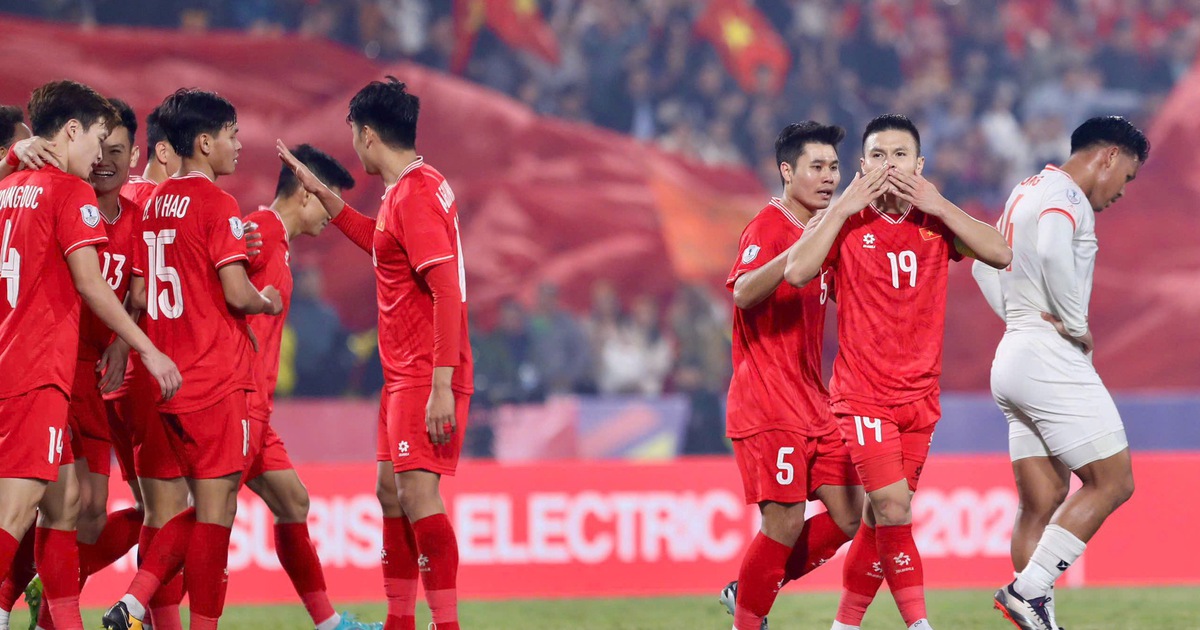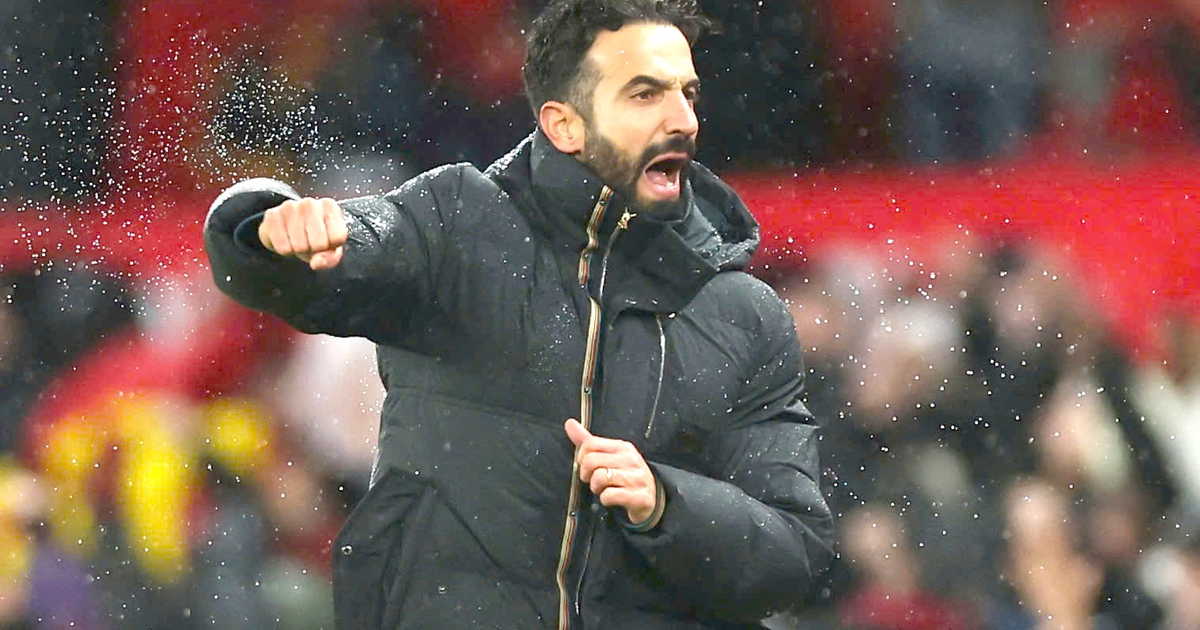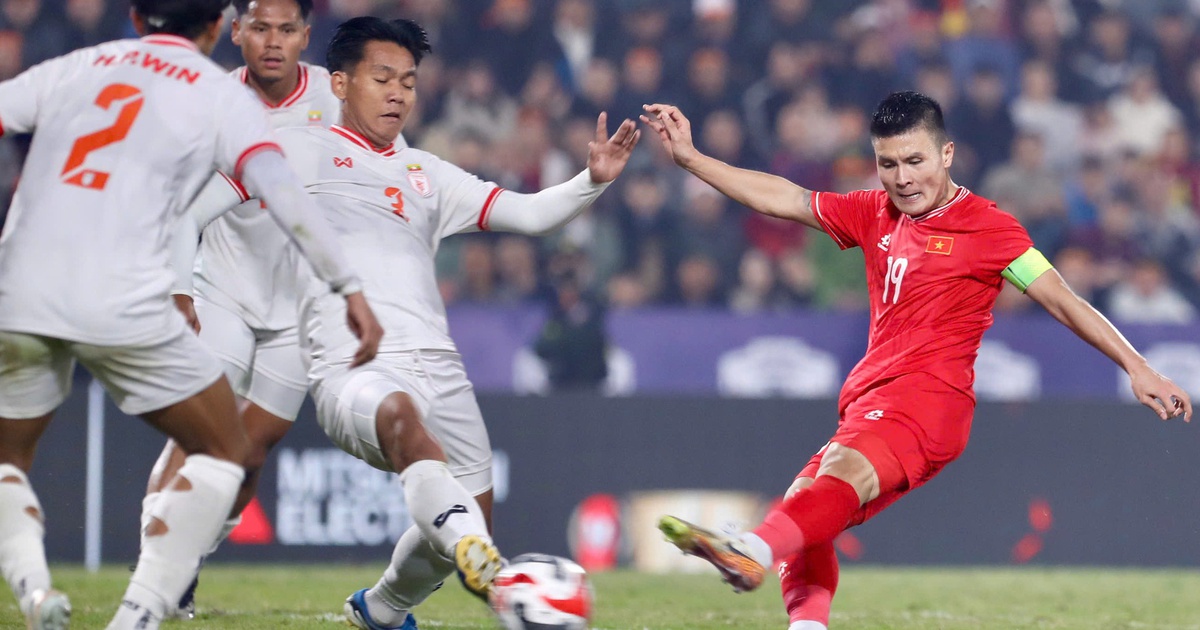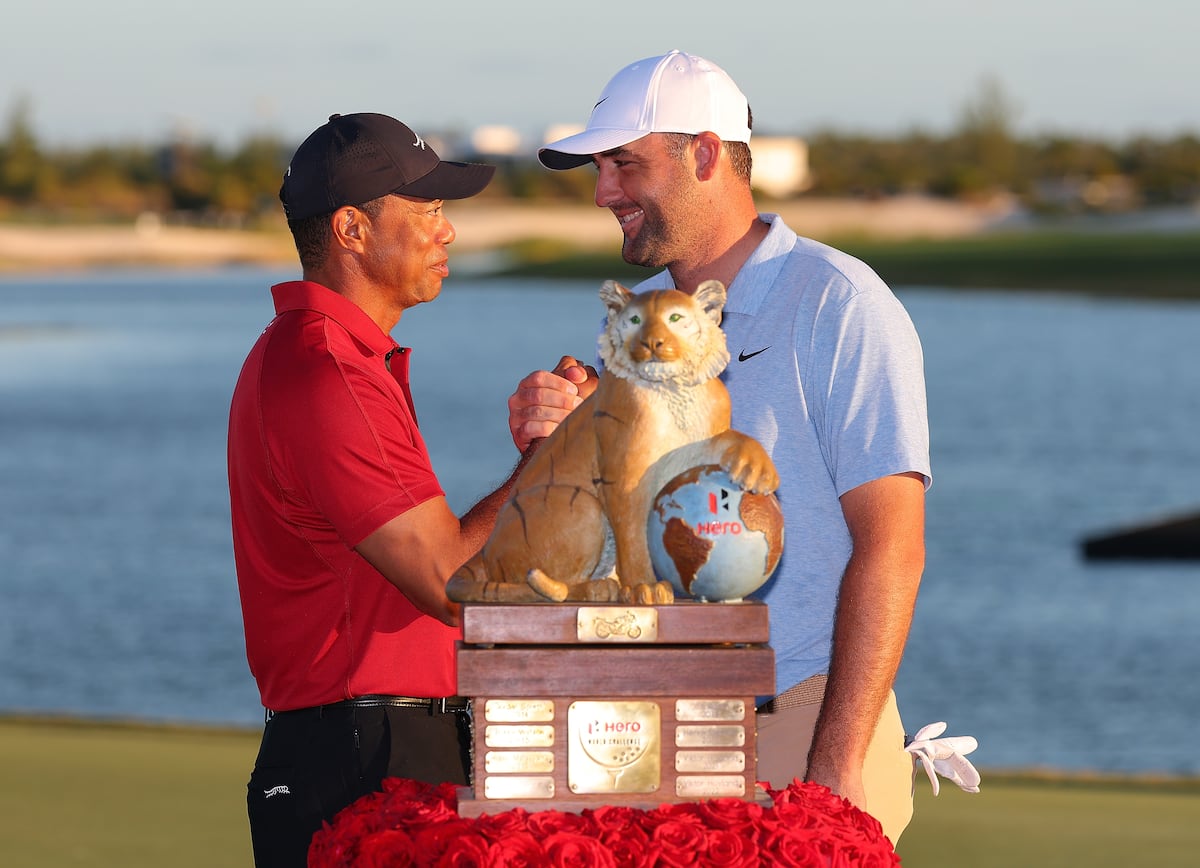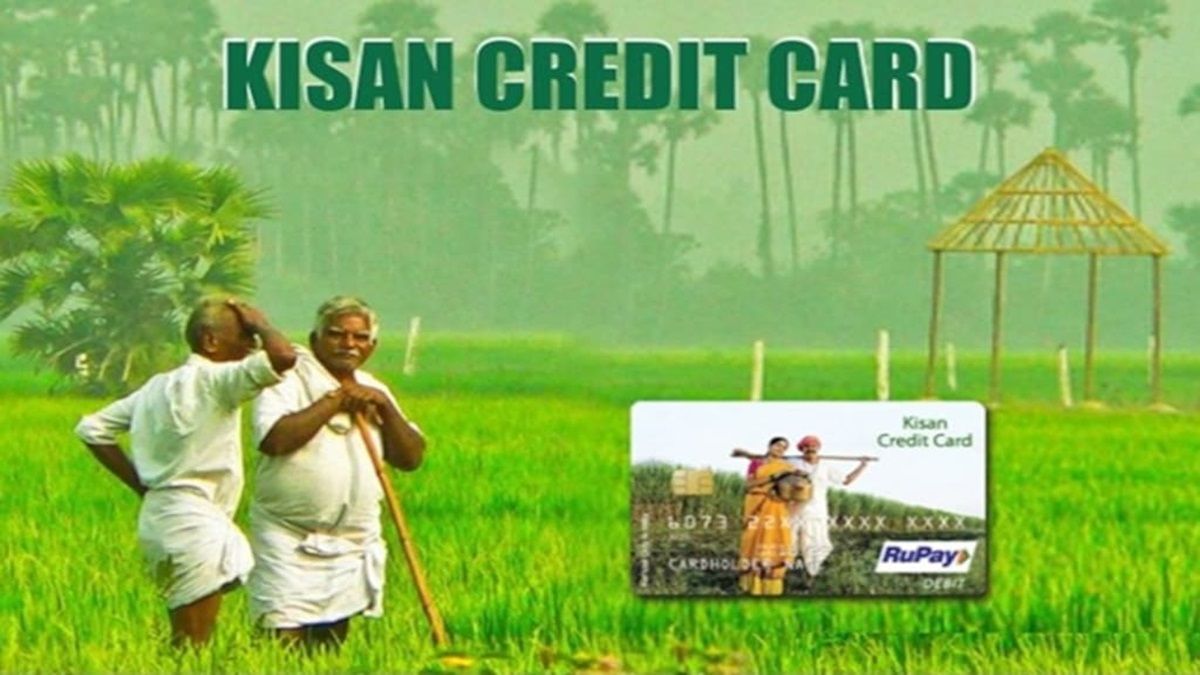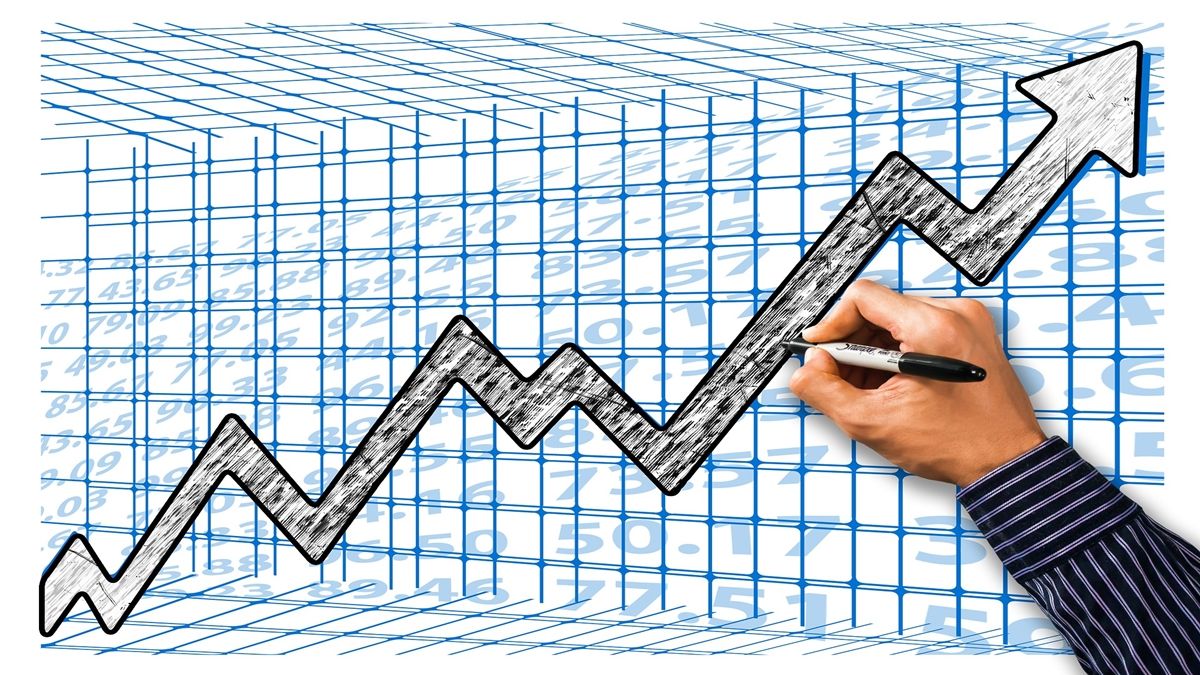One of Juan Antonio Samaranch Sr.’s last decisions as head of the International Olympic Committee (IOC) was what many described at the time as a moving act of symmetry: in May, he named his son, Juan Antonio Samaranch Jr., a member of the assembly. Olympic, which sparked accusations of nepotism. Several olympiologists They then said that numerous IOC members told him that his son’s appointment would tarnish their reputation and that of the IOC, but Samaranch was indifferent, as always. “I don’t care,” he said.
23 years have passed since his father’s retirement in the same Moscow where he was elected president, and where the already president Vladimir Putin decorated him with the highest Russian distinction, and his entry into the Olympic movement, and Juan Antonio Samaranch junior publicly seeks, perhaps as an electoral strategy, to distance himself from his father’s legacy, but he cannot deny that the organization he wishes to preside over the next few years would not be what it is without the revolution developed by Juan Antonio Samaranch senior during his 22 years. (1980-2001) IOC president. This is how his beloved vice president, and frustrated successor, the Canadian Dick Pound, summed it up when asked for his epitaph: “He inherited an insolvent, disorganized and non-universal organization, and turned it into a universal one, well financed and respected by the political organizations of the world. He handled situations such as China-Taiwan, South Africa, the Soviet boycott of Los Angeles, and the disintegration of the Soviet Union and Yugoslavia. In seeking universality, he had to make decisions. It brought in some people who weren’t as familiar with the ethical values we all want. Was it worth the price? It was complicated, but it was worth it. “He got rid of those people and kept the universality.”
Samaranch Sr., old Falangist in a blue shirt when Sports Councilor of the Barcelona City Council in the 1950s, later president of his Provincial Council, National Sports Delegate (current position of president of the Higher Sports Council), member of the IOC since 1966, more that an accommodating turncoat was a true master of realpolitik commercial, Machiavellian, his rivals said and they could not hide their admiration, and, Franco now dead, the first Spanish ambassador to the Soviet Union since 1936. “I use politics to benefit sport, not the other way around,” he explained to theoretically substantiate its germinal concept of Olympic universality, and in practice ended the boycotts that between Moscow 80 and Los Angeles 84 threatened to end the Olympic Games forever. He maintained the boycott of South Africa in the years of the apartheid and the Taliban Afghanistan, but managed to organize the Games in Seoul, South Korea, after negotiating with North Korea, ended with the exclusion of China, and even managed to organize the Games in Beijing. The Barcelona Games promoted by him are considered the cornerstone of the take-off of Spanish sport, he put an end to the amateurism that left the best athletes in the world out of the Games, he created the TOP sponsorship program with which he exclusively marketed the symbol of the five rings, one of the most exclusive brands in the world, and gave institutional consistency to the entire framework, and consolidated the ideological leadership of Olympism in world sport above the international federations, leading the creation of the Arbitration Court of Sport and the World Anti-Doping Agency.
The IOC that Lord Killanin bequeathed to Samaranch Sr. in 1980 was a small aristocratic and elitist family that lived with its back to reality in an almost ruined palace in Lausanne. With universality and organization assured, and a sumptuous headquarters built on the shores of Lake Geneva and a fabulous Olympic museum not far away, in Lausanne itself, the IOC, for whose presidency his son, the most senior in the institution of the seven candidates, is fighting –Sebastian Coe, Kirsty Coventry, David Lappartient, Johan Eliasch, Morinari Watanabe and Prince Feisal el Hussein, are the remaining six–, it is in 2024 half a very profitable and exclusive commercial company fueled by commercial and television rights (its income in the last Olympic cycle amounted to 7.6 billion dollars, 61%, 4.6 billion, coming from the sales of rights, and 30%, 2.3 billion , from the TOP marketing program) and half NGO that cascades into world sport among which it distributes 90% of its income at a rate, the last four years of 4.2 million dollars a day: 540 million annually for the international federations, the same for the national Olympic committees and, in the specific case of Tokyo 21, almost 2,000 million in aid for the organization of the Games.
“At the moment for the cycle that begins in the year 25 and ends after the Los Angeles games, there are already 7.2 billion guaranteed with long-term television income,” analyzes the candidate Samaranch, who bases his campaign on the same pillars as erected by his father, universality, organization and good finances. “92% of the total mass goes to the base of the world sports pyramid, through international federations and national Olympic committees. And this is never enough. It’s never enough. We spend on ourselves like a lighter. It is a good NGO, because an NGO that spends less than 8% on its own consumption, and in self-consumption I include creating the reserve fund that is used when things like Tokyo and the pandemic happen. With 200-odd million of us every year, this works. The sessions, the trips, I don’t know what, everything are paid for. The ability to send training programs and level the playing field so that the most disadvantaged can train better, with more technology, who have access to artificial intelligence so as not to be left behind once again. Well, there is never enough money. The distribution of resources is an NGO.”
— Should the IOC then be managed more as an economic company than as an NGO?
–You have to have a business vision without any doubt. Income of 7.6 billion is not generated and managed simply by going out on the streets to give speeches. We have the obligation to behave in an efficient manner and manage and optimize the obtaining of these resources because many people depend on them. Yes, we have to have a business vision in that part of our activity, without a doubt. Let’s see, there, we have the income statement of the International Olympic Committee. The rest cascades so that the Games can be held, it is an account of results, and then it cascades to the federations and the national Olympic committees, and the champions of the future depend on it, both for the country in which they are located. They create like the federation that manages them, and therefore generating resources has to have a business focus. And in my program I propose, based on my banking experience, to establish a $1 billion investment fund to create and support innovative investment opportunities in the sports environment.

